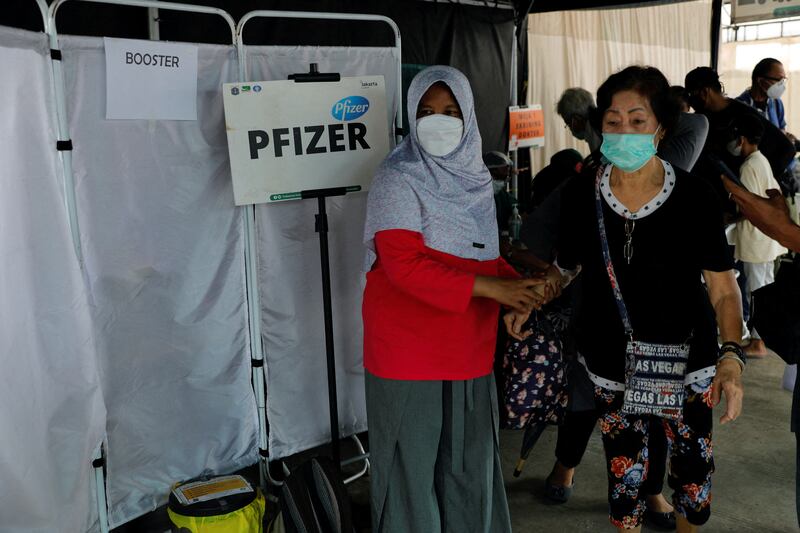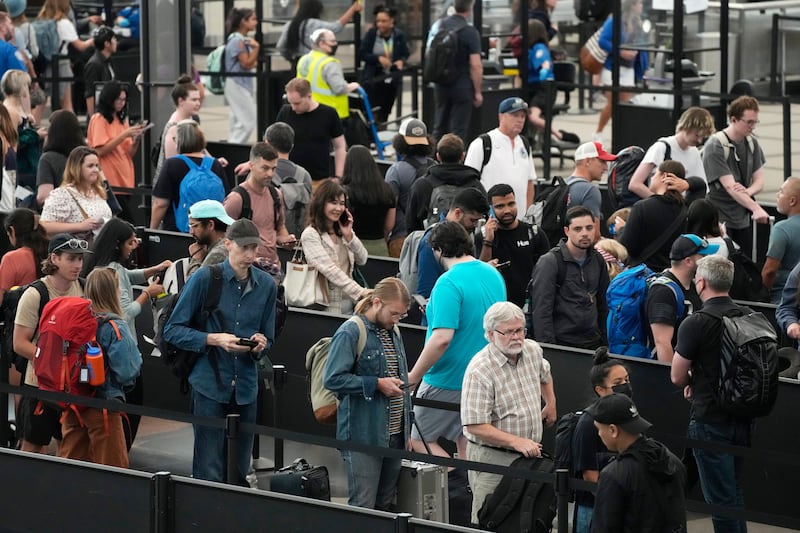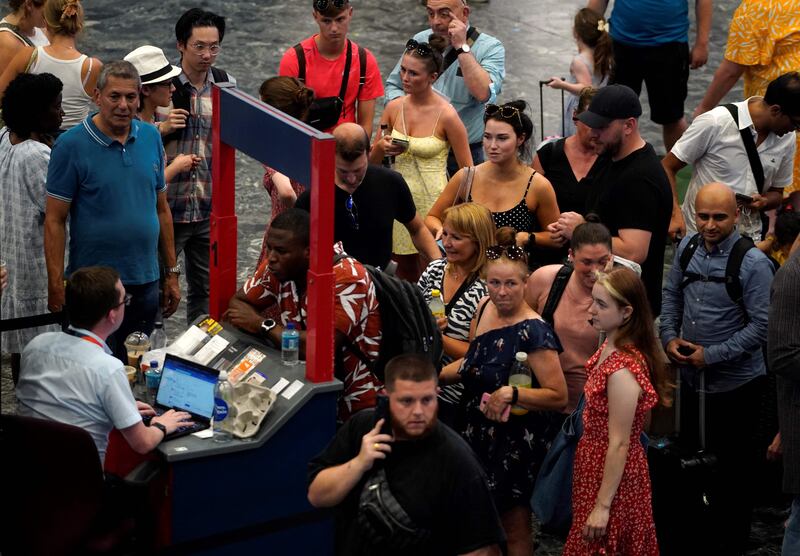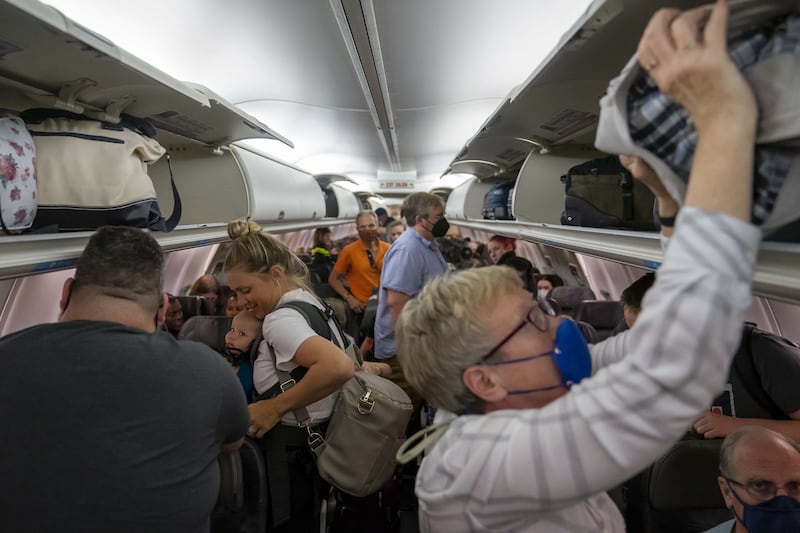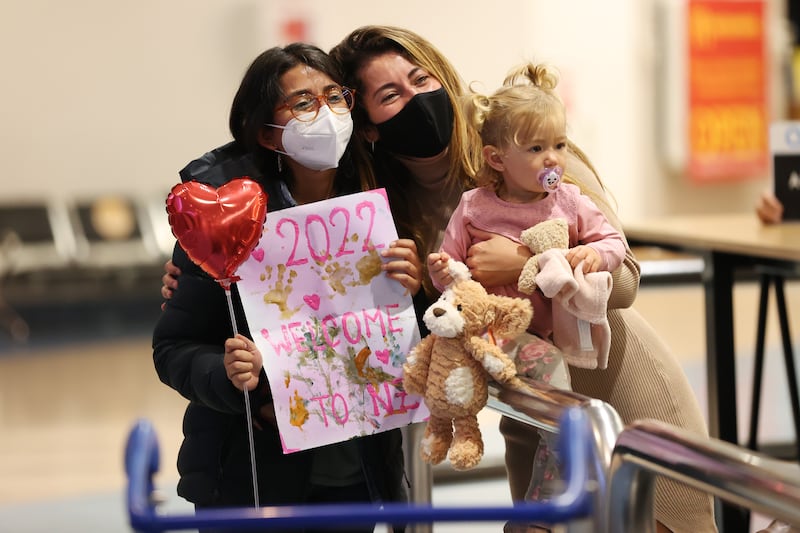The US announced a new global Covid-19 response and recovery framework on Thursday geared towards ending the “emergency phase” of the pandemic as nearly two thirds of the world is fully vaccinated today.
But that number is short of the goal of 70 per cent set almost one year ago by the World Health Organisation.
Even with the world facing what the White House has called a vaccine surplus, lower-income countries still lack the capability to deliver them, as well as oxygen, tests and therapeutics.
These countries have fully vaccinated only 17.3 per cent of their populations.
Twice as many lives could have been saved last year in low and middle-income countries had there been greater equity in vaccine access, the framework said, quoting science journal The Lancet.
“With the steps envisaged in this framework, we aim to end the emergency phase of the pandemic, restore and bolster health systems around the world, and strengthen our defences against future health emergencies,” the White House said.
Washington is asking for $4 billion to implement the strategy, media outlets reported.
As part of the new framework, the US said it aimed to vaccinate those most at risk without compromising the success of other health services, such as the distribution of anti-retroviral therapy for HIV/Aids.
To achieve this, the US said it would accelerate vaccine access to achieve each country's vaccination targets and invest in local supply coverage.
President Joe Biden said in May that the US would share its technology used to produce its Covid-19 vaccines to expand testing and treatment for hard-to-reach populations.
But lower-income countries lack the healthcare workers and infrastructure needed to achieve their vaccination targets.
And “while oral antivirals are now available and provide an additional layer of protection against severe disease and death, people in lower-income countries face significant barriers to accessing them”, the framework said.
The pandemic has also taken a toll on the healthcare employees, and the White House estimates mostly lower-middle-income countries will feel the effects of a global shortage by 2030.
Surges of the virus also exacerbate student absenteeism, worker shortages in key areas and increases in reported gender-based violence.
More than 6.5 million people have died from Covid-19 since 2020, including more than one million in the US alone, data from Johns Hopkins University show.
And although the global vaccination effort saved up to 20 million lives last year, tens of thousands of people around the world are still dying each month from the coronavirus, the White House said.
